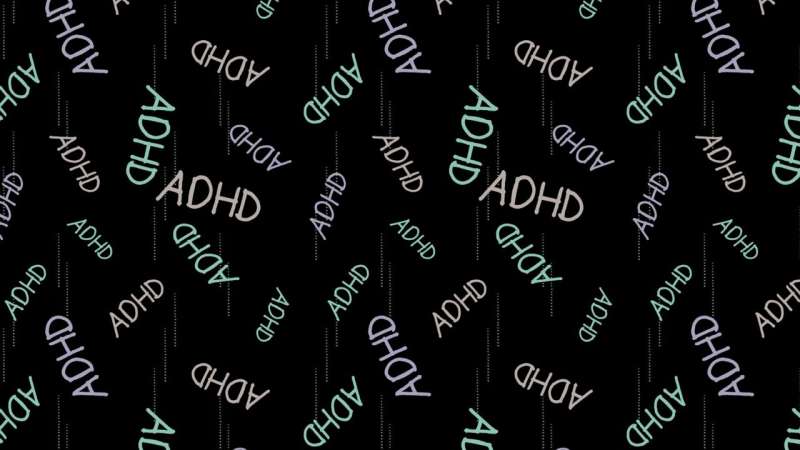A study confirms the benefits of early behavioral therapy for children with ADHD

Credit: Pixabay/CC0 Public Domain
Research by ADHD pioneer William E. Pelham, Jr., who died last year, found that behavioral therapy—when used early—was less expensive and more effective. medication to treat children with ADHD.
Building on this foundation, a new study by Pelham’s team at FIU’s Center for Children and Families, published in Evidence-Based Practice for Child and Adolescent Mental Health, sought to examine whether adding medication The first behavioral treatment is known to be the best. effective treatment of the first steps-would improve the results.
The findings, published in the journal Evidence-Based Child and Adolescent Mental Healthrevealed that children who were initially treated with behavioral therapy and medication showed more disruptive behavior after the medication stopped compared to those who initially received behavioral therapy alone and then added medication later treatment.
“We were surprised to find that starting with a combined treatment approach can reduce the effectiveness of behavioral interventions,” said Marcela Ramos, associate professor and lead author of the study.
“Combining medication with behavioral therapy can reduce children’s chances of fully participating and benefiting from behavior management techniques.”
The study included 248 children, predominantly male (77%) and Hispanic (85%), who participated in an eight-week CCF Summer Treatment Program, designed for children with ADHD and ADHD related to it.
Participants were assigned to one of two groups: one group received intensive behavioral therapy with medication, while the other received behavioral therapy with placebo. After three weeks, the groups switched treatments for another three weeks.
Research suggests that starting with medication can hinder the success of behavioral therapy by reducing children’s opportunities to develop self-regulation skills. Children who started with the combined approach showed more behavioral issues after the medication was withdrawn compared to those who started with behavioral therapy alone.
“Medication is often the first treatment option for ADHD, but our results show that starting with behavioral therapy and developing medication can lead to better behavioral outcomes,” said Dr. Ramos.
“These findings may prompt a re-evaluation of current ADHD treatment strategies to achieve lasting behavioral improvement.”
This study builds on the legacy of William E. Pelham, Jr., whose research and treatment of ADHD—behavioral therapy, medication, and a combination of the two—is the foundation of today’s standard ADHD treatment. His latest research also highlights that ADHD medication alone does not improve school performance for children.
“For decades, Dr. Pelham’s basic research has established the integrative treatment approach as the standard form of ADHD care, influencing clinical practice around the world,” Dr. Ramos said.
“Our latest findings suggest that the order in which treatments are administered can be very important. This insight highlights the need for further research, and I am proud to continue to build on that.” Dr. Pelham’s legacy is to improve our understanding of ADHD treatments.”
Additional information:
Marcela C. Ramos et al, Reduced Behavior Therapy After Initial Multimodal Treatment of ADHD, Evidence-Based Child and Adolescent Mental Health (2024). DOI: 10.1080/23794925.2024.2384092
Offered by Florida International University
Excerpt: Study confirms benefits of early behavioral therapy for children with ADHD (2024, November 1) Retrieved November 4, 2024 from https://medicalxpress.com/news/2024-11-behavioral- therapy-kids-adhd.html
This document is subject to copyright. Except for any legitimate activity for the purpose of private study or research, no part may be reproduced without written permission. Content is provided for informational purposes only.
#study #confirms #benefits #early #behavioral #therapy #children #ADHD
